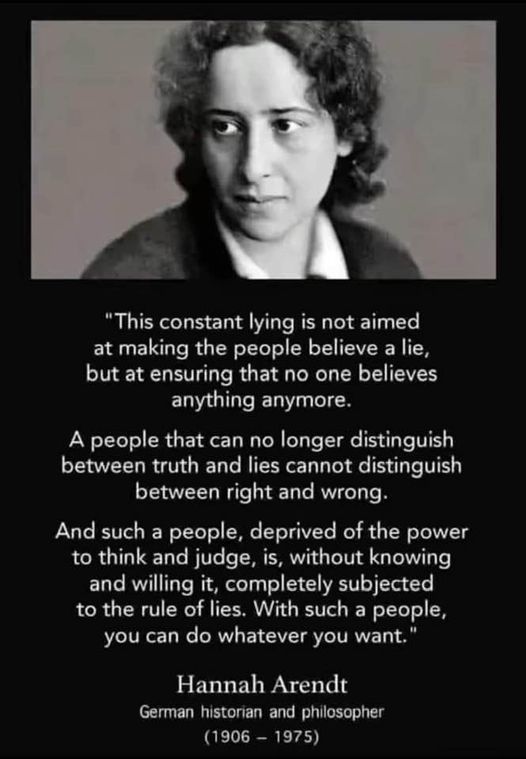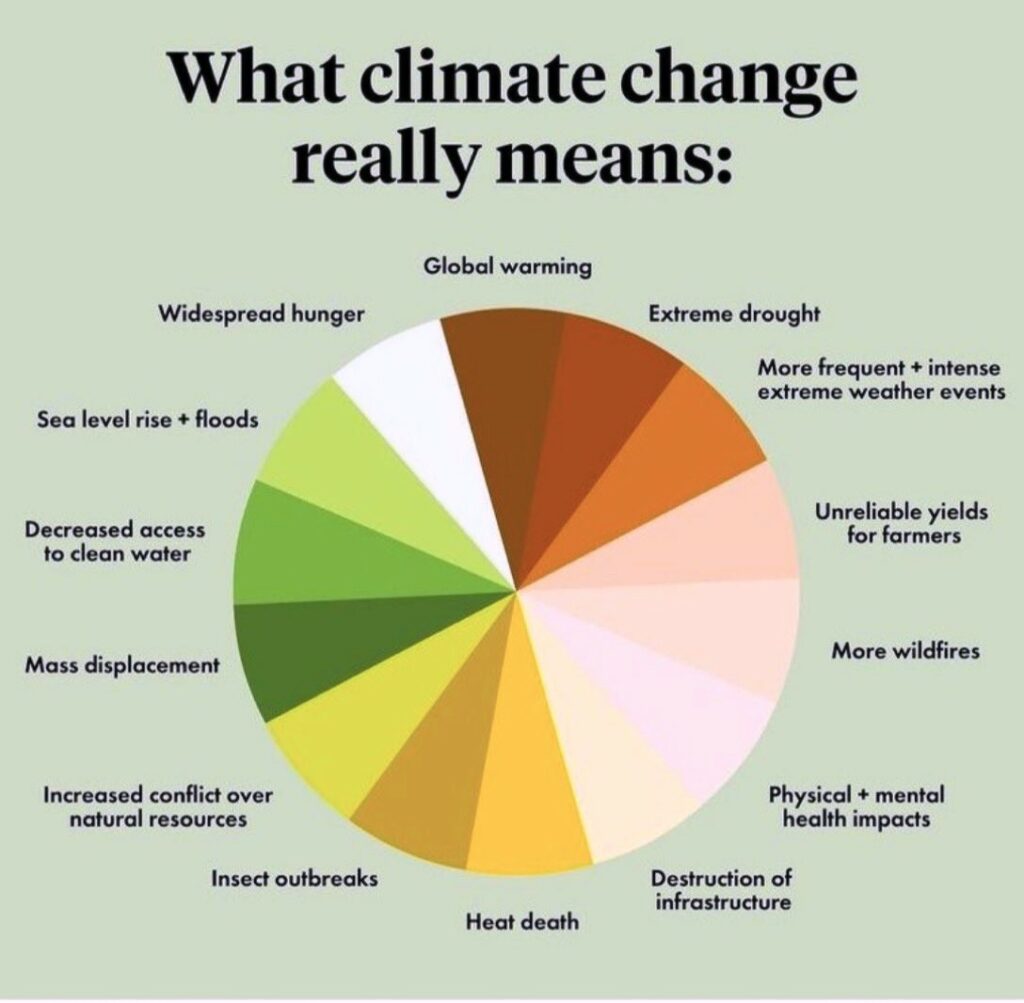The challenges of today: #climatechaos, inequality, and the social impacts of #dotcons technology are a creating a very nasty social mess. However, there is a some potential for a positive transformation if we push the power of #openweb and #4opens technology and align it with progressive and radical “native” grassroots politics.
Addressing Climate Change with Technology and Revolutionary change
- Renewable Energy: Solar, wind, and other renewable energy sources are becoming more than cost-effective and widespread. With strong political will, we can transition to a carbon-neutral economy. By reducing consumption and shifting this energy balance, we take a step to mitigating some of the effects of climate change.
- Climate Resilience: Investment in both physical and social climate resilience infrastructure, flood defences and mediation, sustainable agriculture. This will shape and can protect vulnerable communities and ecosystems as we weather this transition. On the digital side, federation is a big step towards more #p2p native infrastructure, which will help to mediate the failing of our overly centralise #dotcons world.
Leveraging Automation for Social Good
- Reducing Work Hours: Automation reduces the need for human labour, allowing for shorter work weeks and more leisure time without reducing productivity. This leads to improved quality of life and wider social and mental health benefits.
- Universal Basic Income: #UBI provides a financial base for building sustainable alternatives, ensuring that wider groups benefits from increased productivity and technological advancements, rather than the normal #nastyfew.
Ensuring Equitable Access to Resources and Services
- Universal Basic Services: By providing free and universal access to essential services such as healthcare, education, housing, and public transport, we create a more equitable society where people has the opportunity to thrive and build social good.
- Socialized Finance: Redirecting financial resources from speculative markets to socially beneficial projects ensures that investments are made in areas that improve public well-being and infrastructure.
Fostering a Culture of Innovation and Inclusion
- Inclusive Policy Making: Ensuring that marginalized communities have a voice in policymaking leads to more equitable and just outcomes. Participatory democracy and community-led tech initiatives like the #OGB drive inclusive development and the needed social challenge to become the change we need.
- Education and Retraining: As the job paths shift, providing education and retraining opportunities helps people transition to new roles, ensuring that fewer people are left behind.
Utilizing Technology for Global Collaboration and Problem-Solving
- Global Cooperation: Harnessing #4opens technology for international collaboration can address global challenges more effectively. Federated platforms for knowledge sharing and linking joint initiatives leads to real solutions for climate change, health, and economic development.
- Data for Good: Using #openweb and #4opens data, metadata analytics to address social issues leads to more effective public planing, policies and resource allocation.
Conclusion: A vision of hope, in tech
There is a potential for a positive future when we combine technological innovation with radical progressive politics and a commitment to social equity. By addressing #climatechange, leveraging automation, ensuring food security, and providing universal access to essential services, we build a wider world of opportunity and basic justice.
This vision needs us to reimagine our current paths to prioritize humanistic well-being over profit. With the right policies and collective action, we can turn today’s challenges into opportunities for basic survival and a better global society.
You can support a technological project https://opencollective.com/open-media-network it’s a small step.





